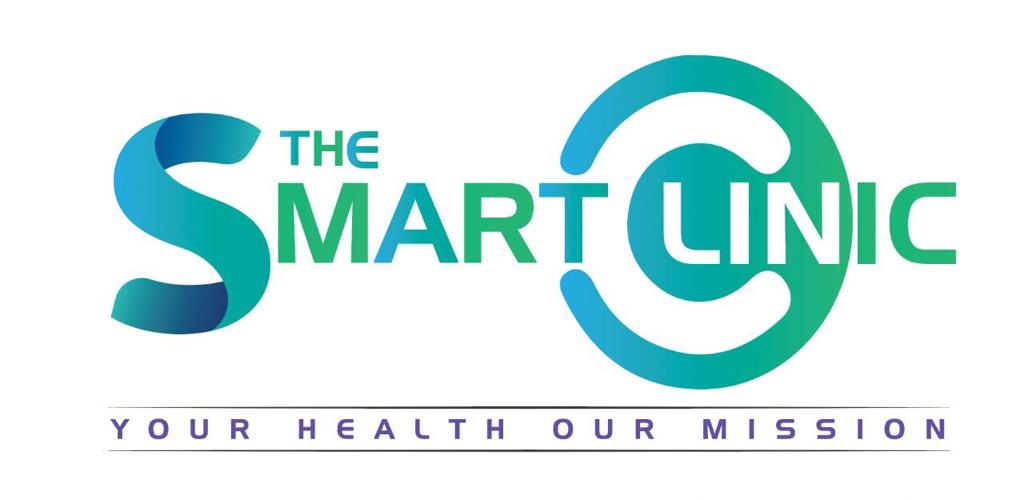6 Tips to Protect Your Mental Health When You’re Sick
Tress harms your body, so while you rest and recover physically, it’s also essential to keep your mental health in check.
While struggling with our typical day-to-day routine, it’s expected to go through anxiety, stress, and grief.
Here are some ways to keep anxiety and sadness away from you and things you can do for your Mental Health
- Look after your body
Taking care of your physical health can help you feel better mentally. Make certain to:
- Consume nutritious foods.
- Smoking and vaping should be avoided; for more information, see Cessation Help.
- Make sure you get plenty of water.
- Exercise can aid in the reduction of depression and anxiety as well as the improvement of moods.
- Make sure you get enough rest.
Sleep deprivation is thought to play a role in the high rate of depression among college students, according to researchers.
- Make use of your support system
Request that loved ones call, email, or video chat with you regularly. Tell them how you’re feeling. If you’re worried about taking care of your children, pets, or household duties while you’re sick, find family members, friends, or community members who aren’t in a high-risk population and can help.
- Stay hydrated, eat well, and meditate-
Feed your body nutritious food (rather than comfort food) and stay hydrated when your appetite allows. Take deep breaths, meditate, or stretch to help relax your body if you’re able to do that.
- Participate in activities that you enjoy and find relaxing
Puzzles, books, and crossword puzzles can keep your mind occupied and prevent ruminating thoughts. But, keeping a journal of what you’re going through can help you sort out your thoughts and stay positive.
- Check to see if you’re getting enough sleep
Because your body requires rest to recover, now is not the time to stay up until 3 a.m. binge-watching a new show.
- Surround yourself with positive people
People who have a solid social or family network are generally healthier than those who do not. So make plans with supportive family and friends, or look for activities that will allow you to meet new people, such as joining a club, class, or support group.
- Learn how to cope with stress
Stress is a part of life, whether you like it or not. Try One-Minute Stress Strategies, Tai Chi, exercise, go for a walk in the woods, play with your pet, or try journal writing as a stress reliever. Also, remember to smile and laugh at yourself. According to research, laughing is always a good exercise that will boost your immune system, relieve pain, relax your body, and reduce stress.
- Remove yourself from the news and social media
All of the online chatter can make you feel even more down and out. “Take a break or set a time limit for yourself around TV watching and social media usage if you’ve reached that point.
Being socially isolated raises your chances of developing depression and anxiety. So while you’re recovering, keep an eye out for the following common red flags:
- Feelings of insignificance, hopelessness, or guilt
- Appetite changes that aren’t caused by your illness or symptoms.
- Having difficulty falling or staying asleep.
- Hard time focusing on things.
- Suffering from suicidal ideation.
- Stay away from alcohol and other drugs
Limit your alcohol consumption and stay away from other drugs. Alcohol and other drugs are sometimes used to “self-medicate,” but in reality; they only exacerbate problems.
Get assistance when you require it
Seeking assistance is a sign of strength, not a sign of weakness. It’s also important to remember that treatment works. People with mental illnesses and addictions can recover and live whole, rewarding lives if they receive the proper care. Smart Clinic can help people who are suffering from mental health problems.



